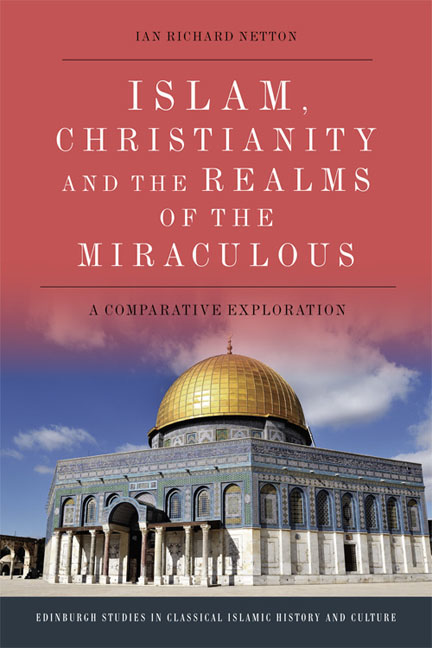1 - Miracles and Religion
Published online by Cambridge University Press: 18 December 2019
Summary
Definitions
Miracles are problematic! Global communications and religious diversity have made them more so. At the heart of the problem are the twin topoi of definition and the reality and possibility, or otherwise, of miracles. As noted in the Foreword, this volume does not attempt to engage with the latter problem. It will, however, survey some of the multifarious definitions, and attempts at definitions, of the word ‘miracle’. The brief survey which follows is by no means intended to be all-embracing and to cover all possible definitions. It aims only to provide a flavour of a complex field.
So what is a miracle? Definitions are diverse and it is clear that ‘there is no one standard religious way of understanding the concept of miracle’.
This is true even for theists. David Basinger summarises the problem neatly:
Some assume that God directly manipulates the natural order at the time the event occurs. Others assume that God predetermines that nature will bring about the event. Still others assume that God makes us aware of fully natural events as signs of the divine presence and care for us.
Robert A. Larmer defines a miracle as, inter alia, ‘an event that has religious significance in the sense that it can reasonably be viewed as furthering God's purposes’. For Larmer, miracles do not violate natural laws; ‘events plausibly viewed as miracles can constitute evidence for the existence of a theistic God.’
In late antiquity St Augustine of Hippo (c. 354– 430) provided thefollowing definition:
Sed contra naturam non incongrue dicimus aliquid deum facere, quod facit contra id, quod novimus in natura, hanc enim etiam appelamus naturam, cognitum nobis cursum solitumque naturae, contra quem deus cum aliquid facit, magnalia vel mirabilia nominantur.
But it is not wrong for us to say that God does contrary to nature what he does contrary to what we know of nature. For we also call nature the usual course of nature known to us, and, when God does something contrary to it, these actions are called marvellous and miraculous.
- Type
- Chapter
- Information
- Islam, Christianity and the Realms of the MiraculousA Comparative Exploration, pp. 1 - 26Publisher: Edinburgh University PressPrint publication year: 2017



